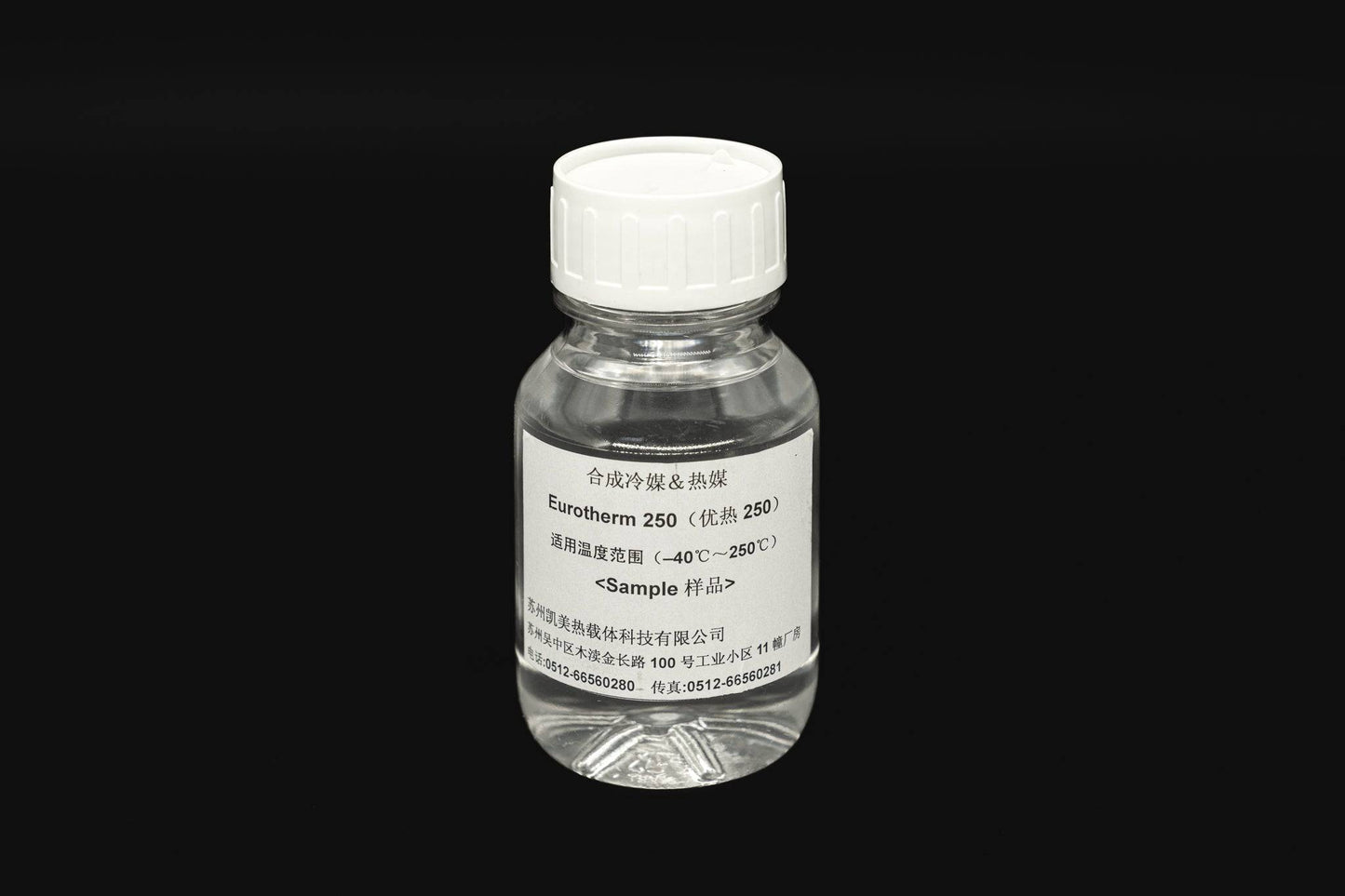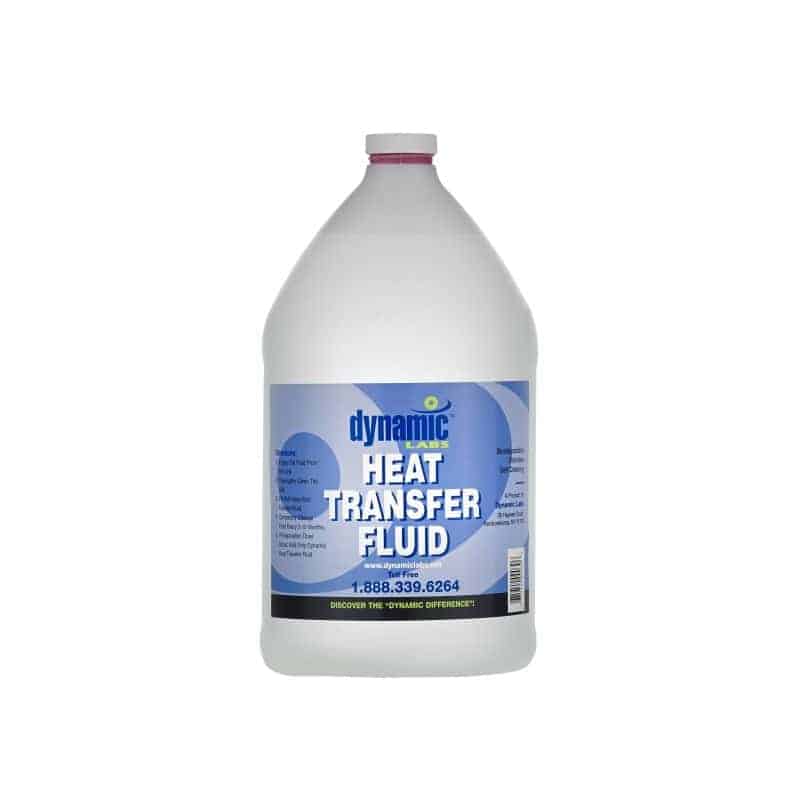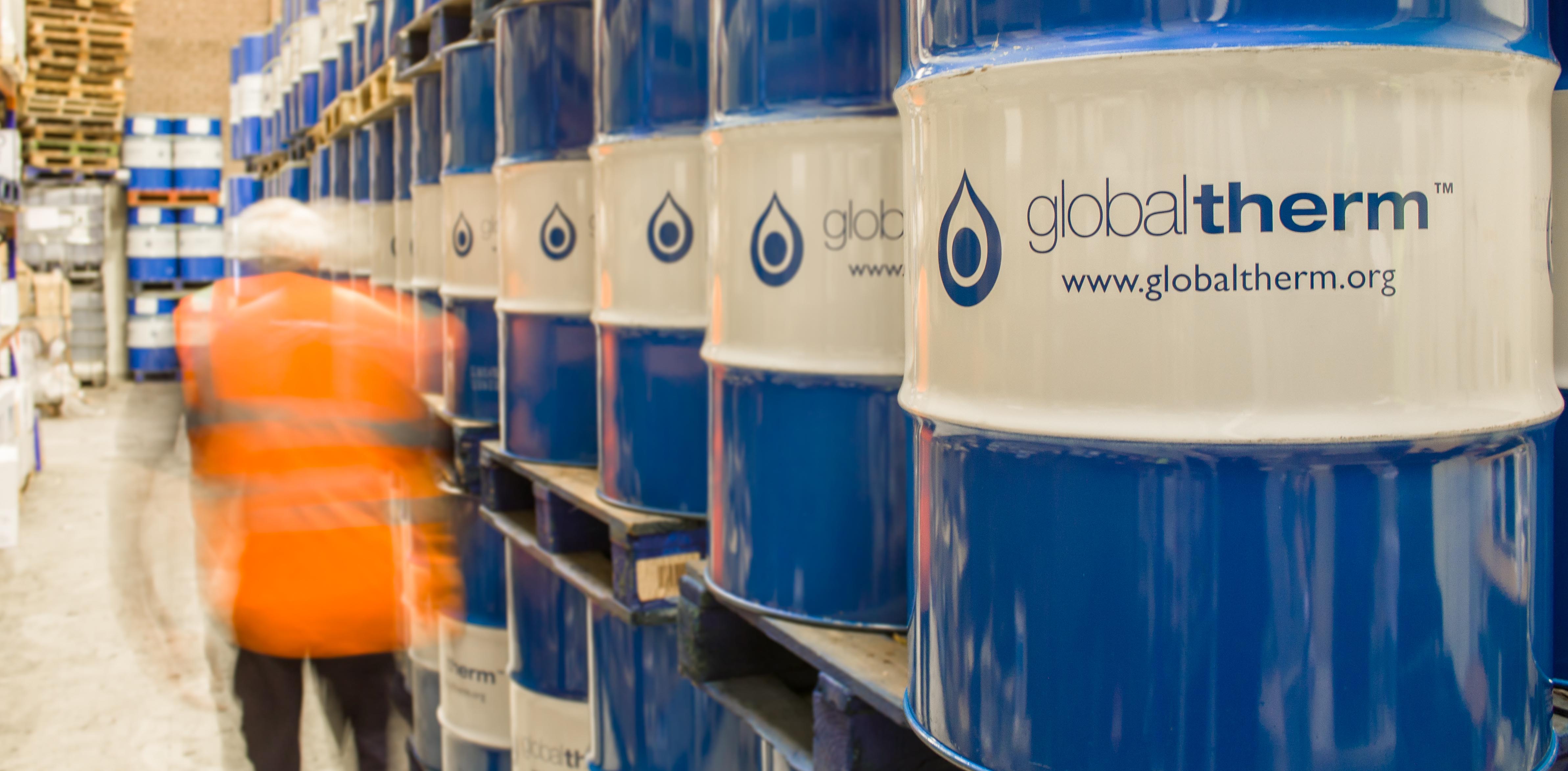Just How Heat Transfer Fluid Adds To Lasting and Cost-Effective Workflow
In the modern-day industrial landscape, the function of warm transfer liquids (HTFs) in promoting sustainable and cost-efficient operations can not be overemphasized. These fluids are essential in enhancing thermal management systems, consequently considerably boosting energy performance and lowering operational costs. In addition, the environmental benefits of sophisticated HTFs, with their high thermal security and reduced poisoning, are obvious. They not only prolong system long life but likewise add to the decrease of harmful emissions. Yet, truth capacity of HTFs is understood via the thorough selection procedure, making sure compatibility and safety and security. However what elements should lead this important selection?
Recognizing Warmth Transfer Fluids
In the world of thermal management, warm transfer fluids (HTFs) serve as essential representatives for moving thermal energy from one place to an additional. These fluids play an essential function in numerous commercial applications, consisting of chemical handling, power generation, and A/c systems.
The composition of heat transfer liquids can differ dramatically, including options such as mineral oils, artificial oils, glycols, and molten salts. Each kind supplies distinctive advantages, such as boosted thermal security, reduced viscosity, and high boiling factors, which are picked based upon certain operational requirements. Furthermore, the option of HTF effects not just the effectiveness of warmth transfer yet likewise the long life and security of the system in which it is employed.
As sectors remain to introduce, the development of sophisticated HTFs, identified by their boosted thermal conductivity and reduced environmental impact, is critical for fulfilling the needs of contemporary thermal administration obstacles.

Enhancing Power Performance

Improving power effectiveness has come to be a critical problem across different markets, prompting a closer examination of warmth transfer fluids' role in enhancing thermal management systems. These liquids are essential to keeping the wanted temperature level in procedures, consequently lessening energy waste and enhancing general system performance. By picking an appropriate heat transfer liquid, industries can dramatically boost their energy efficiency, bring about reduced energy usage.

Advanced solutions of warm transfer fluids have been developed to stand up to extreme temperature levels while maintaining security and effectiveness. These developments expand the functional life expectancy of the liquid, minimizing the regularity of replacements and energy-intensive maintenance activities. Furthermore, the usage of synthetic or bio-based liquids offers extra benefits in regards to lowered environmental influence, aligning with worldwide sustainability goals. Boosting energy efficiency with optimal warmth transfer fluid choice is not only a technological you can look here need but likewise an environmental crucial.
Reducing Operational Expenses
Functional expenses are a considerable factor to consider for sectors looking for to keep affordable benefit, and the selection of heat transfer fluid plays a critical function in cost administration. Selecting a proper heat transfer liquid can bring about significant cost savings by boosting system performance and reducing energy usage. High-performance liquids reduce thermal destruction, which consequently reduces the regularity of fluid replacement and downtime connected with maintenance, thus decreasing operational expenditures.
Additionally, heat transfer liquids with premium thermal security and rust resistance prolong the life-span of tools. This lowers the requirement for regular repairs and you can try here substitutes, which can be expensive and disruptive to procedures. By purchasing top notch fluids, industries can achieve long-lasting reductions in maintenance costs and enhance the reliability of their systems.
In addition, progressed warm transfer liquids typically exhibit lower viscosity at operating temperatures, which improves pump efficiency and reduces power usage in fluid blood circulation. This optimization of power intake straight equates into reduced operational costs. In addition, numerous contemporary heat transfer fluids are engineered to operate successfully over a large temperature range, lowering the demand for multiple liquid types, thereby streamlining stock needs and reducing connected costs. These aspects collectively add to more lasting and cost-efficient operations.
Environmental Influence Decrease
The push in the direction of reducing ecological impact has actually acquired momentum in industries leveraging warm transfer liquids. Warm transfer liquids (HTFs) play a critical function in this transition, supplying opportunities to boost energy efficiency and lower emissions - heat transfer fluid.
Moreover, using innovative warm transfer liquids adds to better system performance, decreasing the total power consumption. This decrease not only results in price savings however additionally reduces carbon dioxide discharges, aiding in the fight against environment modification. Liquids that are biodegradable and recyclable better boost sustainability efforts, as they reduce waste and promote round economic climate methods.
Furthermore, including HTFs into closed-loop systems avoids fluid loss and contamination of the surrounding environment. This technique makes certain that fluids are reused, lowering the demand for brand-new resources and limiting waste generation. By embracing these ecologically mindful methods, sectors can dramatically reduce their ecological influence while maintaining high functional performance, straightening with international sustainability goals and regulative demands.
Picking the Right HTF
Choosing the appropriate warm transfer fluid (HTF) is an important action in advancing environmental sustainability within industrial processes - heat transfer fluid. A perfect HTF should have a high thermal capability, reduced viscosity, and high thermal conductivity to make certain Bonuses effective warm transfer.
This makes sure durability and lowers upkeep expenses. The liquid should be safe and eco-friendly, lessening its eco-friendly impact and guaranteeing conformity with environmental regulations.
Verdict
